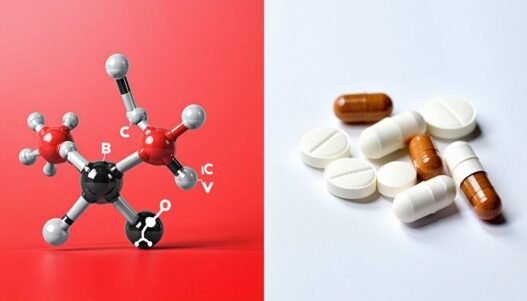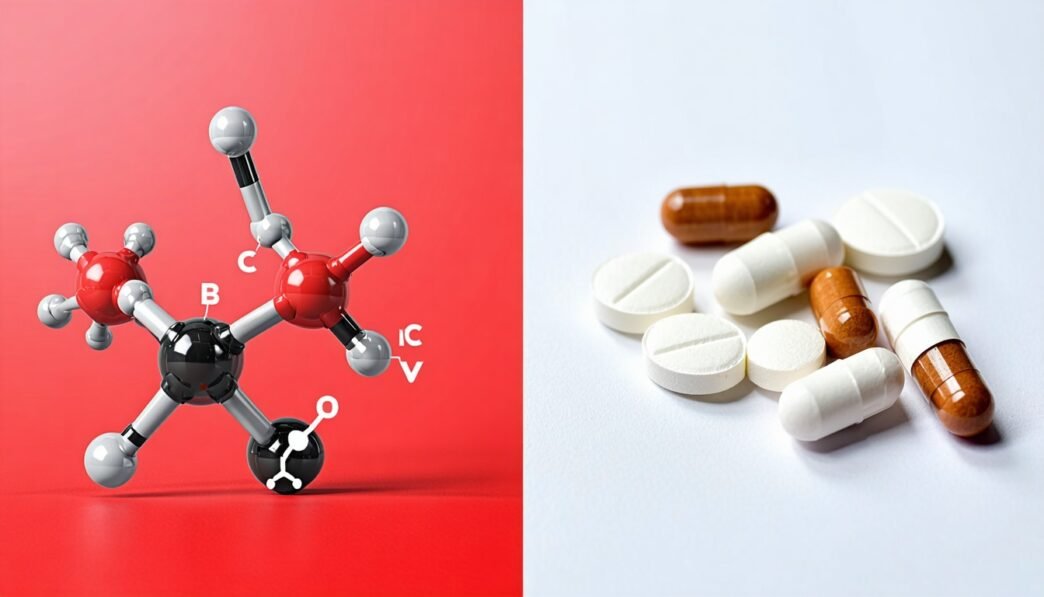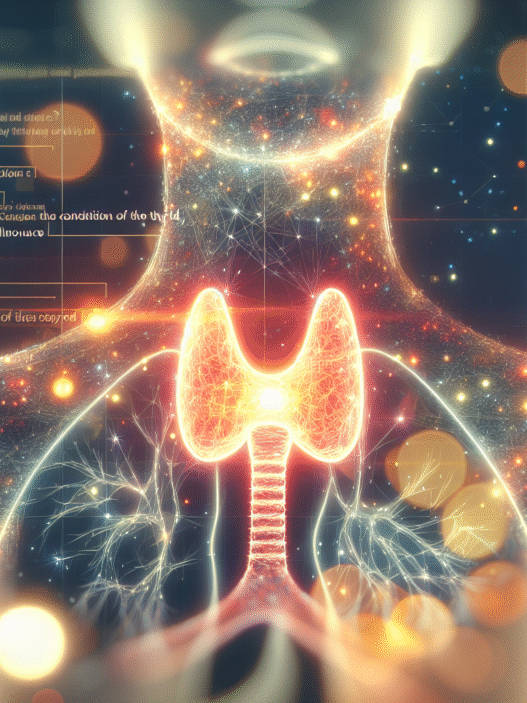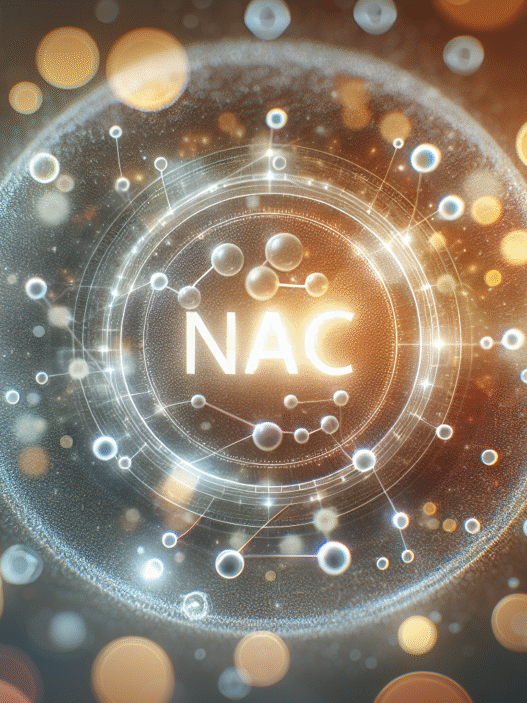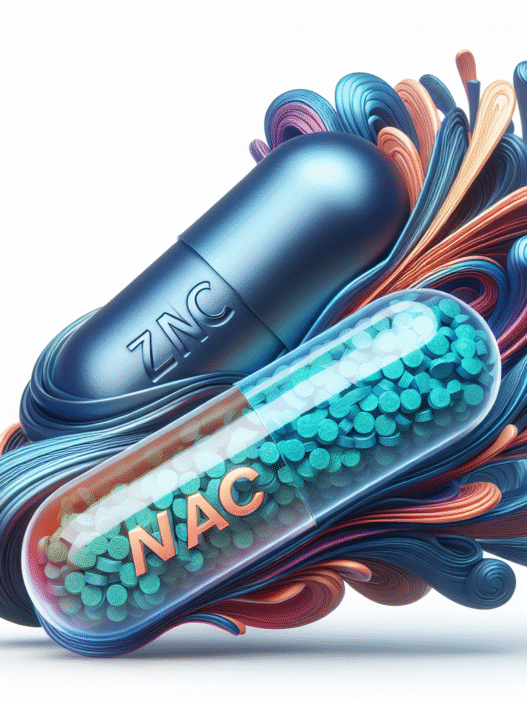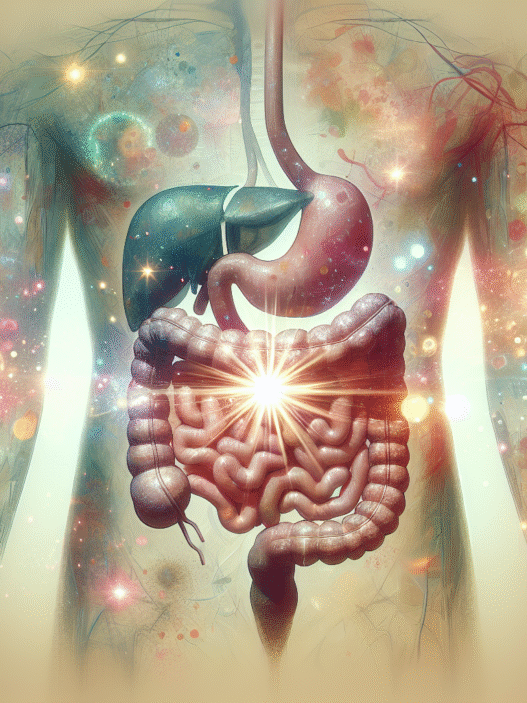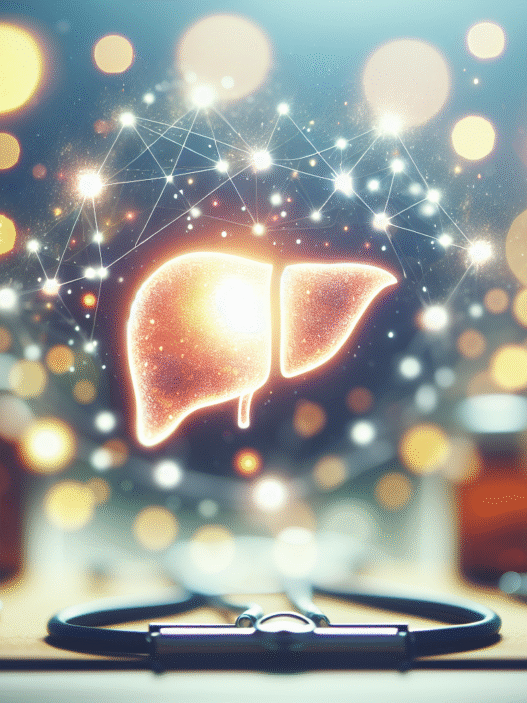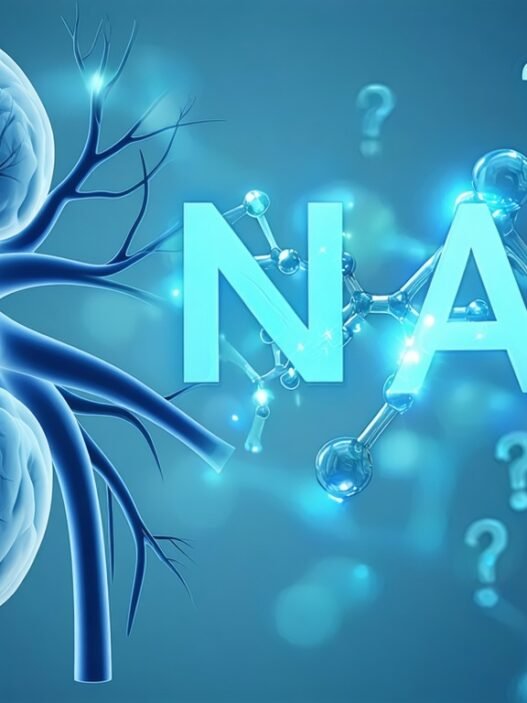Understanding NAC Supplement
What is N-Acetyl Cysteine (NAC)?
N-Acetyl Cysteine (NAC) is a derivative of the amino acid cysteine. It is primarily used as a dietary supplement and has gained popularity for its health benefits, particularly in detoxification and antioxidant support. NAC helps replenish glutathione, considered the most potent antioxidant in the body, which can improve various health conditions and reduce the risk of chronic diseases such as cardiovascular disease.
NAC is also valuable in the field of medicine, especially in emergency care for treating acetaminophen overdose, as it plays a crucial role in detoxification processes to prevent kidney and liver damage.
Benefits of NAC
NAC offers a range of health benefits, making it a popular choice among individuals concerned about liver health, detoxification, and overall longevity. Here are some of the key benefits of NAC:
| Benefit | Description |
|---|---|
| Antioxidant Support | NAC replenishes glutathione, helping neutralize free radicals in the body. |
| Detoxification | It aids in detoxification, particularly for the liver and kidneys. |
| Mental Health | NAC may have positive effects on mental health conditions like bipolar disorder, schizophrenia, and OCD by regulating glutamate levels and reducing glutathione depletion. |
| Respiratory Health | NAC acts as an expectorant, relieving symptoms of respiratory conditions like COPD and bronchitis (Healthline). |
| Cognitive Function | By supporting brain health, NAC can improve memory function and reduce symptoms of diseases such as Alzheimer’s and Parkinson’s (Healthline). |
| Anti-inflammatory | NAC possesses anti-inflammatory properties, which can benefit various health conditions. |
NAC is a versatile supplement that may contribute to overall health improvement. For more information on specific uses of NAC, see what is NAC N-Acetyl Cysteine used for? and explore its potential health impacts.
NAC and Magnesium Interaction
Potential Interactions
When considering the combination of N-Acetyl Cysteine (NAC) and magnesium, current research indicates that no significant interactions have been identified between magnesium glycinate and NAC Drugs.com. However, it is essential to note that the absence of detected interactions does not rule out the possibility of less common interactions.
Research has shown that magnesium supplementation together with NAC can offer protective benefits against acute kidney injury. A study indicated that this combination was more effective at improving renal function following ischemic events than either magnesium or NAC used individually PubMed. Such findings suggest that when NAC and magnesium are taken together, they may enhance each other’s protective effects, particularly on kidney health.
Safety Considerations
Both NAC and magnesium possess established safety profiles. NAC is recognized by the FDA and WHO as an essential drug, noted for its role in detoxification and treatment for liver issues due to its antioxidant properties Healthline. While magnesium is vital for numerous bodily functions, it is important to consider its potential for lowering blood pressure. NAC may also have blood pressure-lowering effects; hence, caution is advised when using them alongside medications that also affect blood pressure WebMD.
Individuals considering the use of NAC alongside magnesium should consult their healthcare provider to ensure safety and appropriateness, particularly if they are taking other medications or have existing health concerns. For further reading on NAC benefits, explore our article on what is NAC N-Acetyl Cysteine used for?.
NAC for Kidney and Liver Health
N-Acetyl Cysteine (NAC) has gained attention for its potential benefits in supporting kidney and liver health. This section explores its protective effects on renal function and its role in treating liver disease.
Protective Effects on Renal Function
Research indicates that magnesium supplementation combined with NAC may provide protective benefits against acute renal failure. A study conducted on rats demonstrated that this combination was more effective in improving renal function following ischemic/reperfusion injury compared to administration of magnesium or NAC alone (PubMed).
The protective effects of NAC on kidneys can be attributed to its antioxidant properties. NAC helps replenish glutathione, a powerful antioxidant that plays a crucial role in mitigating oxidative stress, which can lead to kidney damage. By reducing oxidative stress, NAC may help preserve renal function in individuals at risk of kidney injury.
| Study Focus | Results |
|---|---|
| Magnesium and NAC on renal failure | Improved renal function in rats post-ischemia with combination treatment |
Role in Liver Disease Treatment
NAC is also recognized for its significance in liver health. Primarily, it is known for its role in treating paracetamol (acetaminophen) overdose, a common cause of acute liver failure. By replenishing glutathione levels in the liver, NAC helps support detoxification processes and mitigates liver damage (NCBI).
Additionally, NAC may have potential benefits in managing chronic liver diseases, such as fatty liver disease. Some studies suggest that NAC can help improve liver function parameters and reduce inflammation, indicating its therapeutic roles in liver health management. For people concerned about liver health or seeking effective detoxification methods, the integration of NAC into their regimen may provide valuable support (is nac good for your liver?).
| Liver Condition | Potential Benefits of NAC |
|---|---|
| Paracetamol overdose | Replenishes glutathione, detoxifies liver |
| Chronic liver disease | May improve liver function, decrease inflammation |
NAC’s dual action as a protector of renal function and a supporter of liver health underscores its importance in health care, particularly for those aiming for longevity and detoxification. Those considering the addition of NAC to their health regimen may wish to consult healthcare professionals to optimize its use effectively.
NAC for Mental Health
Impact on Mental Health Conditions
N-Acetyl Cysteine (NAC) has garnered attention for its potential positive effects on various mental health disorders, including bipolar disorder, schizophrenia, obsessive-compulsive disorder (OCD), and substance use disorders. Research suggests that NAC can help in decreasing symptoms and enhancing the quality of life for individuals grappling with these conditions (Healthline).
NAC’s role in mental health largely stems from its ability to replenish glutathione levels—an important antioxidant in the brain. A deficiency of glutathione is linked to oxidative stress, which can worsen mental health disorders. By addressing this depletion, NAC may provide a supportive approach to treatment, offering symptomatic relief in cases of depression and mood swings.
| Mental Health Condition | Potential Benefits of NAC |
|---|---|
| Bipolar Disorder | Decreased symptoms, improved quality of life |
| Schizophrenia | Potential symptom relief |
| OCD | Reduction in obsessive behaviors |
| Substance Use Disorder | Support in recovery efforts |
Regulation of Glutamate Levels
Glutamate is a key neurotransmitter involved in excitatory signaling within the brain, and its levels must be tightly regulated. NAC plays an important role in maintaining this balance, particularly in relation to conditions like bipolar disorder and schizophrenia, where glutamate dysregulation has been observed.
By modulating glutamate levels, NAC may help prevent excessive stimulation of nerve receptors, which can lead to various mental health symptoms. This regulation not only has the potential to mitigate immediate symptoms but also contributes to long-term brain health. Improving glutamate balance is also beneficial for cognitive functions and may show promise in conditions like Alzheimer’s and Parkinson’s disease by enhancing memory function and mitigating disease symptoms.
Individuals considering NAC for mental health should consult healthcare providers for tailored advice and possible integration with other therapeutic modalities. For those wondering about daily use, more information is available on whether is it ok to take NAC everyday?.
NAC for Respiratory Health
N-Acetyl Cysteine (NAC) is recognized for its beneficial effects on respiratory health. Its antioxidant and expectorant properties make it an effective supplement for managing various respiratory conditions.
Relief for Respiratory Conditions
NAC acts as an antioxidant, helping to relieve symptoms associated with respiratory disorders like chronic obstructive pulmonary disease (COPD) and bronchitis. It works by reducing inflammation and facilitating the breakdown of mucus in the air passageways. Studies indicate that supplements can improve symptoms in individuals with COPD, including a reduction in exacerbations and lung decline. Furthermore, NAC has been shown to thin mucus in bronchial tubes, aiding those suffering from chronic bronchitis and reducing the frequency and severity of wheezing, coughing, and respiratory attacks.
| Condition | NAC Benefits |
|---|---|
| Chronic Obstructive Pulmonary Disease (COPD) | Improves symptoms, reduces exacerbations |
| Chronic Bronchitis | Thins mucus, decreases coughing and wheezing |
Role as an Expectorant
As an expectorant, NAC helps in loosening and expelling mucus from the lungs. This property is particularly beneficial for individuals struggling with conditions that involve excessive mucus production. By enhancing the clearance of mucus, NAC improves airflow and assists in relieving respiratory discomfort. This can lead to a more effective breathing pattern and better oxygen delivery to the body.
NAC can be administered in various ways, including orally, intravenously, or by inhalation, which further supports its versatility as a treatment option for respiratory health. Its well-tolerated nature and efficacy make it a popular choice among healthcare providers and patients seeking relief from respiratory issues.
For those curious about the use of NAC for specific health concerns or its interaction with other supplements, exploring what is NAC N-Acetyl Cysteine used for? may provide further insight.
Additional Health Benefits of NAC
Cognitive Health Benefits
N-Acetyl Cysteine (NAC) has shown promise in enhancing cognitive health. It regulates glutamate levels and replenishes glutathione in the brain, which is crucial for cognitive function. According to research, NAC may slow the decline in thinking abilities associated with Alzheimer’s disease and has the potential to improve symptoms in conditions like Parkinson’s disease (Healthline).
A summary of NAC’s cognitive benefits is listed below:
| Benefit | Description |
|---|---|
| Slows cognitive decline | May help prevent loss of thinking ability in Alzheimer’s patients. |
| Enhances dopamine function | Can improve symptoms such as tremors in individuals with Parkinson’s disease. |
| Boosts memory | Supports overall memory function through glutathione replenishment. |
While animal studies have shown positive outcomes, more human studies are needed to fully understand NAC’s impact on brain health.
Potential Effects on Fertility
NAC may also offer benefits for fertility. Research indicates that it reduces oxidative stress, which can damage reproductive cells. This antioxidant effect is especially relevant for men, as evidence suggests NAC may enhance fertility in those with conditions like varicocele, leading to improved semen quality and increased pregnancy rates. Additionally, NAC has shown potential for aiding fertility in women with polycystic ovary syndrome (PCOS).
Key points regarding NAC’s effects on fertility include:
| Aspect | Impact |
|---|---|
| Men’s fertility | Can improve semen integrity and partner pregnancy rates. |
| Women’s fertility | May assist women with PCOS in enhancing reproductive health. |
These findings highlight NAC’s role not only in liver health and detoxification but also in supporting overall reproductive health. For more information on the implications of NAC, see our article on what is NAC N-Acetyl Cysteine used for?.
Safety and Administration of NAC
FDA Approval and Safety
N-acetylcysteine (NAC) is recognized as a safe and effective drug, having been approved by the Food and Drug Administration (FDA) for various medical applications. The World Health Organization (WHO) also considers it an essential medication. NAC is commonly used in clinical settings for the treatment of acetaminophen overdose and as a mucolytic agent for respiratory conditions PMC.
In general, NAC is well-tolerated, even at high doses. Its safety profile makes it a popular choice among those seeking to improve liver health and detoxification. However, individuals should always consult healthcare providers, especially if there are existing medical conditions or if they are taking other medications, as NAC can interact with specific drugs, like chloroquine, used to treat malaria WebMD.
Methods of Administration
NAC can be administered through several methods depending on individual needs and preferences. The common routes include oral, intravenous, and inhalation.
| Method of Administration | Description |
|---|---|
| Oral | NAC is most commonly taken in capsule or powdered form. When ingested, it undergoes rapid intestinal absorption and is metabolized by the liver. However, its bioavailability remains low, typically less than 10%, meaning only a small amount of the intact molecule enters the bloodstream and tissues PMC. |
| Intravenous | In a clinical setting, NAC can be administered intravenously, providing immediate effects, particularly in emergencies like acetaminophen overdose. |
| Inhalation | NAC is also available in a nebulized form, which is beneficial for patients with respiratory diseases, offering mucolytic benefits directly to the respiratory tract. |
When considering NAC supplementation, the method of administration can influence its efficacy and safety. It’s advisable to discuss the best option with a healthcare professional, particularly for those looking to maximize the health benefits of NAC while minimizing potential risks. For more detailed information on what NAC is used for, visit what is nac n-acetyl cysteine used for?.










